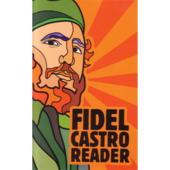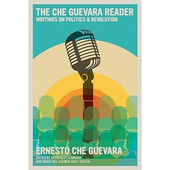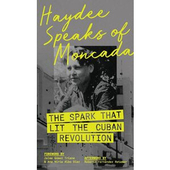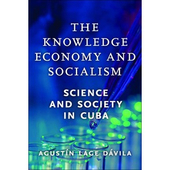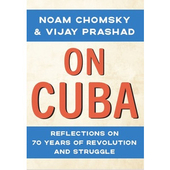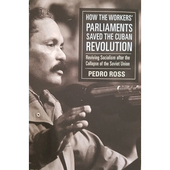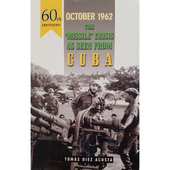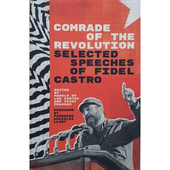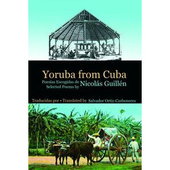The Cuba Solidarity Campaign campaigns in the UK
against the US blockade of Cuba and for the Cuban
peoples' right to self-determination and sovereignty
against the US blockade of Cuba and for the Cuban
peoples' right to self-determination and sovereignty
CSC shop / Books / Jose Marti Reader; writings on the Americas
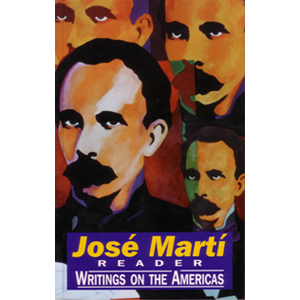
Jose Marti Reader; writings on the Americas
Author Mirta Muniz (ed.)
By Jose Marti. Prose and poetry writings on the Americas.An outstanding anthology of the writings, poetry and letters of Jose Marti -one of the most brilliant and impassioned Latin American intellectuals of the 19th Century.
| Publisher: Ocean Press | ISBN no: 1-875284-12-5 | Year: 1999
£11.99 inc p&p
| Check Basket |
People who bought Jose Marti Reader; writings on the Americas also bought
REVIEW click to read...
Shop by category?
We have 260 items in our shop
-
Gifts | Art Prints, Posters And Cards | Clothing | Coffee, Food And Drink | Books | Music | Films | Badges And Flags | Miami Five | Che Guevara | Fidel Castro | Cuban History And Politics | Women | Health And Education | Poetry, Fiction And Cinema | Walk For Cuba | Cycle Cuba Experience | Events And Tickets |

